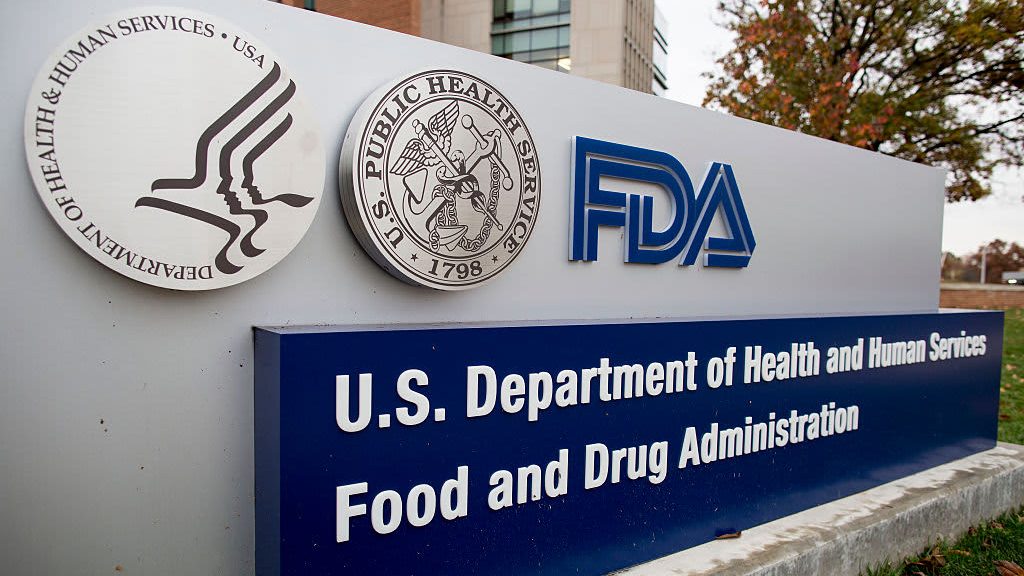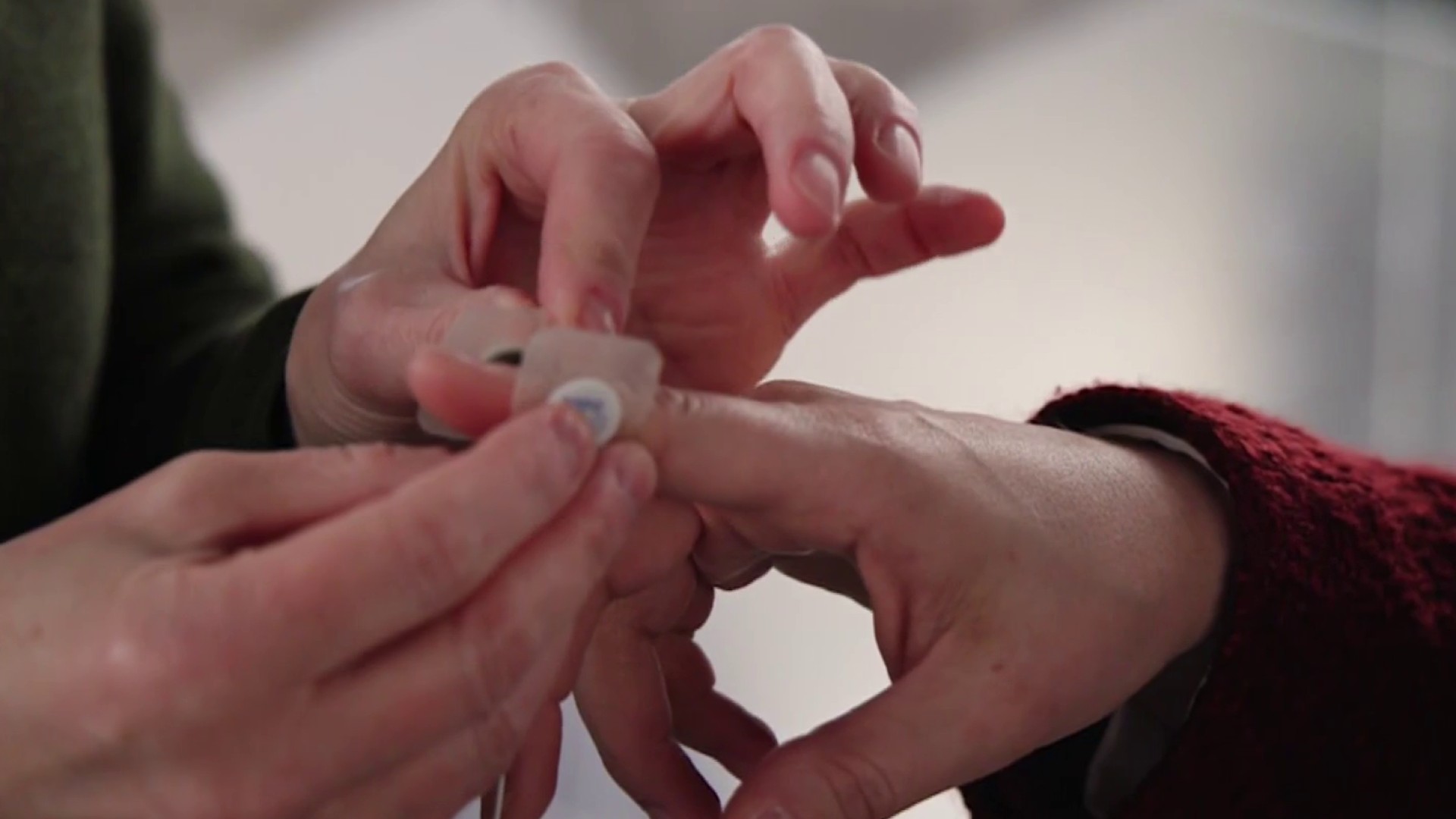All of us have been touched by cancer in some way.
I recently shared my prostate cancer diagnosis and the need for additional treatment, including surgery.
Immediately, support poured in from viewers like you and activists like Clinton Burnside, who has made it his life's work to shatter the stigmas that keep men, especially Black men, from getting screened.
“Oftentimes you hear Black men, we don't care about our health, we don't go to see the doctor,” Burnside said. “It's our mission to change that narrative.”
We've got the news you need to know to start your day. Sign up for the First & 4Most morning newsletter — delivered to your inbox daily. >Sign up here.
He's bringing change through Men Take Ten, a program at the Howard University Cancer Center that helps educate the public on the signs and symptoms of prostate cancer and encourages men to stay on top of their yearly screenings. He said a 10 minute blood test could save your life.
In addition to free screenings, the group also offers support.
Once a month, men from across the DMV meet virtually to share stories about their experience, both as prostate cancer survivors and patients still battling the disease.
Health
“We connect men with other men going through similar challenges so they can realize that, okay, what I'm going through is difficult, but it's not as difficult now that I'm connected with other men who can help walk me through this process,” Burnside said.
And the statistics are staggering.
Prostate cancer is the deadliest cancer in the D.C. Black men in the District face the highest risk — they’re three times more likely to die from the disease than white men. with the highest death rates reported in wards 5 and 8.
“We know that prostate cancer is taking men's lives, but particularly Black men and particularly Black men in this city,” said Howard University Hospital President Dr. Roger Mitchell, Jr. “That's why your openness to talk about your own process is so important to destigmatize the C word.”
He said the numbers underscore the need for action — and early detection.
When asked whether the numbers are so high because it tends to be caught later in Black men, Dr. Leslie Deane, a urologist at Howard University Hospital, said, “I think there are a number of factors, late diagnoses being one of them. Access to quality of care is also a factor.”
Deane said a prostate cancer diagnosis does not have to be something to fear, especially when caught early.
“When we talk about prostate cancer spread, we're not talking about spread in terms of days, weeks or months. It's usually years, but there are exceptions,” he said. “The recommendation is that Black men begin screening at age 40. Other populations can be screened a little later, 45 to 50 years old unless they also have substantial risk factors that predispose them to the development of prostate cancer.”
To learn more about Men Take Ten, you can go to their website HUconquerscancer.org
Next month, I'll have surgery and will take a few weeks off the anchor desk to recover. But I’ll be back, and I've promised to be transparent about my journey in the hope of helping others and raising awareness about the importance of screening.



